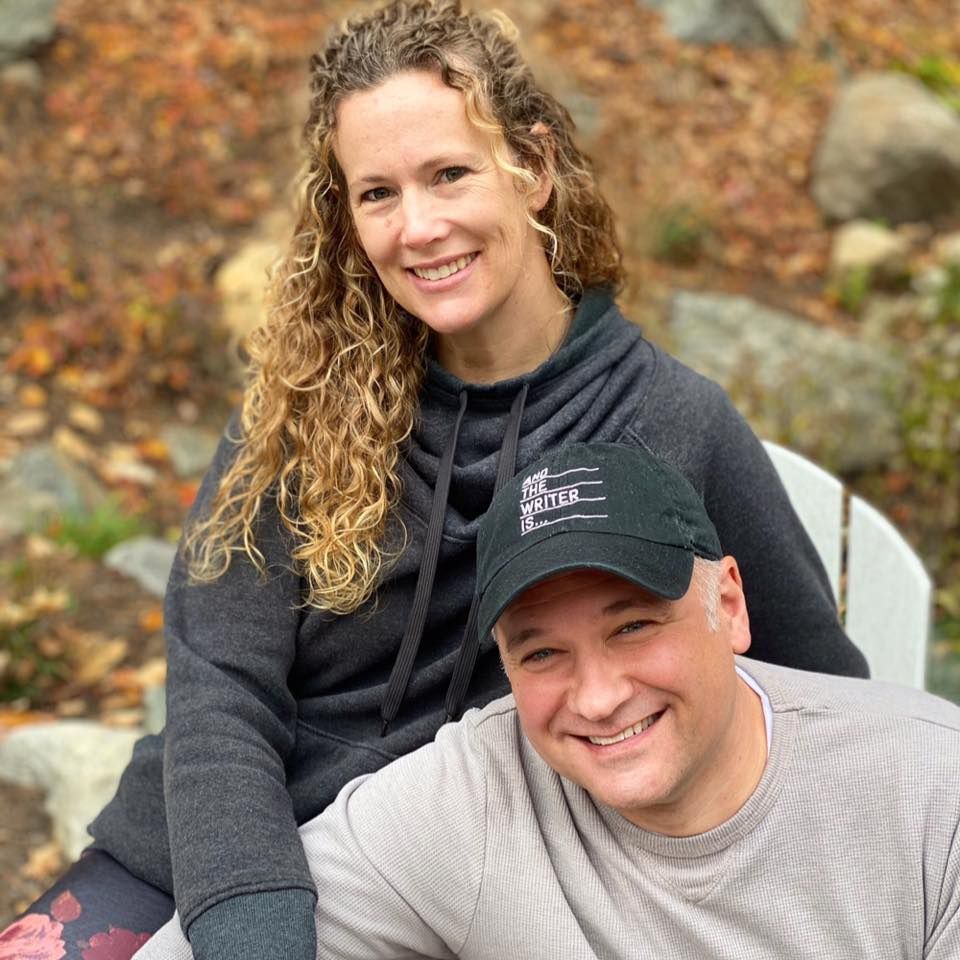
Adam Avery is one of the Pastors at Church At the Well in Burlington, VT. Asie from having been once punched in the arm by Bernie Sanders, he’s also the newest member of the Ecclesia Board.
How would you describe the area your church is in?
All of New England has a strong “town hall” vibe to it. Slow is valued here because anything worthwhile will take time and need to be talked out and walked out. It’s a fun contest for ministry because it’s interactive and very thoughtful. When people decide to follow Jesus here, it’s legit. They’ve taken the time to process it and think it through and when they’re ready, they’re ready.
How would you describe the journey of pastoring Church At the Well? What have been some of the milestones/different seasons?
So many milestones and monuments have been built over the 11 years I’ve been here. The one we’re celebrating most these days is financial sustainability and increased staffing. We’ve done so much with so little for so long that we’re blown away at God’s provision during this current season. It’s been 10 years in the making and God has been faithful at every turn.
Looking back, what do you know now you wish you had known when you first started Church At the Well?
I wish I had known that God is never in a hurry and it’s ok for a church to go 2 steps forward and 1 step back. Owning that from the get-go would have been extremely helpful. Losing & finding new worship space, saying goodbye to friends who moved away, financial ups and downs, seasons of transition, etc. are all part of the dance called ministry. It isn’t a comfortable dance to learn, but when you figure it out it feels more graceful than it used to.
As you think about what you’ve been able to do so far in ministry there what are some things you have done/tried that have worked well?
Team ministry and collaboration. I always believed in it conceptually, but I’m sold on it through and through now. Plurality of leadership is tricky at times but well worth it.
What hasn’t worked so well? What have you had to rethink/reimagine/rework?
Ha! Almost everything! We’re constantly debriefing and tweaking things around here. One of our mantras is that structure must submit to spirit, so we even rework and rethink the things that are working!
What is one failure you experienced and what did you learn from it?
Not asking for help. There have been numerous occasions when Ian, Abby and I (staff pastors) have stepped into roles and responsibilities that we should have invited others into instead of taking them on ourselves. We’ve succumbed to micro-managing on more than one occasion and have learned that it robs us and our community of opportunities to serve God and others faithfully. Paying your taxes hurts a little, but it builds infrastructure and more opportunities for growth and discipleship.
What is something you’ve been hearing from or learning from God in this last season of leading?
How important consistent communication is. Sometimes I fall prey to the notion that if it’s clear in my own head and I’ve talked about it once or twice, everyone else is right there with me. “Town Hall meetings are valuable and worth the time, Adam” – that’s what God has been saying.
What do you dream/hope/pray Church At the Well looks like in five years?
We’re praying that Church At the Well will become more of a place (we’re currently renting space only on Sunday morning and want more of a physical presence) and a community where people are invited to practice the way of Jesus with us and thirst for the life that he alone can give.







